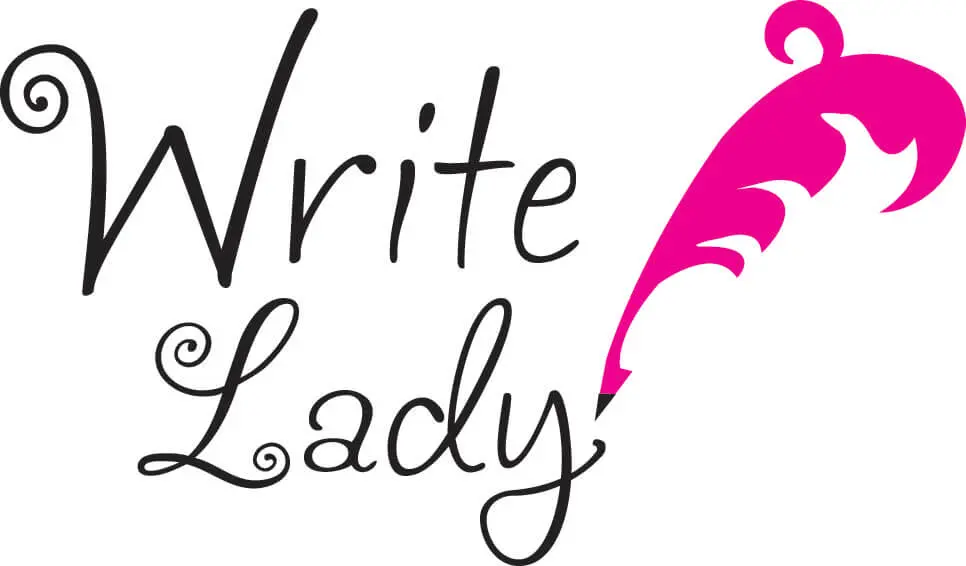Are you okay with profanity?
Does your answer depend on the circumstance? For example, would you give yourself or others a pass if cursing did not erupt:
- in public?
- in the presence of young children?
- in the company of someone who would be offended—e.g., a grandparent with traditional values?
- in an environment that customarily commands respect—e.g., a place of worship or a solemn occasion?
Whether bothered by such language or not, if you interact in today’s world, you cannot avoid exposure. Not long ago, however, individuals and groups were far more cautious. To avoid tarnishing their reputations, they not only eschewed specific words and phrases but also too-close-for-comfort innuendos.
What has changed?
Many reference “free speech” as a justification. That may be valid. But the same individuals would not tolerate words that once made people gasp and blush if the broader culture had not become desensitized.
I contend that nonchalance is only partly responsible for commonplace profanity. A more compelling reason is preference.
Making a Case for Profanity
Profanity is a go-to option for multiple reasons. Consider the following:
- Stealing the Spotlight
- You can quickly attract attention.
- Making a Memory
- You can help ensure people remember you and your message by being provocative.
- Projecting Your Passion
- You can express your sentiments.
- Speaking Without a Stammer
- You can quickly avoid awkward pauses without overthinking how you should respond or struggling to be articulate.
- Sharing a Sense of Humor
- You can lighten the mood and encourage laughter.
- Shaking Off Stress
- You can release tension.
- Relating Right Away
- You can get your position or attitude across to others rather quickly and in a manner that often fosters a connection with them.
Making a Case for No Profanity
Before reading my counterarguments for swearing, review each of the following seven points and see if you can come up with your own reasons not to curse.
- Stealing the Spotlight
- The novelty of profanity has faded. If you curse, you will not necessarily stand out from the crowd, especially among countless others who are also mouthing off. Also, being recognized for cursing is not the same as being admired for it.
- Making a Memory
- If people form a long-lasting impression of you for being provocative, they may remember you for reasons that do not serve your reputation.
- Projecting Your Passion
- In many instances, you will be more effective if you state your case in a calm, matter-of-fact manner without emotional distractions.
- Speaking Without a Stammer
- Cursing can provide handy filler material when you are caught off guard or lack the prerequisites to present substantive facts and thoughtful insights. People, however, eventually catch on if you are not speaking from real knowledge or experience.
- Sharing a Sense of Humor
- People may chuckle if you curse, but you will not earn any earn points for originality. Profanities are low-hanging fruit, so to speak. If you can deliver an unexpected, quick-witted comment, the laughs will almost certainly be heartier. You could also maintain a ready arsenal of “clean” colloquial expressions that you use on occasion to disarm people and make them smile: “Hot diggity dog!”
- Shaking Off Stress
- Often, cursing causes people to get more fired up. Instead of helping them calm down, shouting expletives elevates their blood pressure. Taking deep breaths and distancing yourself from the drama can be a better strategy to protect your health and your relationships.
- Relating Right Away
- People can readily catch on when you use certain profanities. Nevertheless, if you utter expletives in lieu of explaining yourself in clear language, you may forfeit the opportunity to establish a legitimate foundation for a real connection.
I once worked with a woman who believed that foul language indicated a lack of intellectual curiosity. In her view, people who regularly resorted to cursing were not necessarily limited by their potential, but something—maybe they were lazy or uninspired—held them back. Therefore, instead of expanding their vocabularies and knowledge bases to communicate beautifully, they often snatched “ugly” words and said whatever came to mind.
With that, I rest both arguments and leave it to you to deliberate the pros and cons of profanity.
Thoughts or questions? Please contact Sallie Boyles, owner of Write Lady Inc., to exchange ideas about effective communications and gain from professional writing and editing services. Receive monthly tips and insights by subscribing at https://WriteLady.com.
